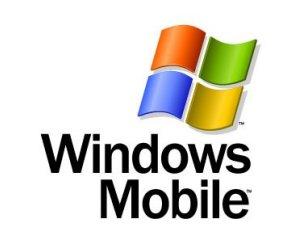HP Argues Ideal De-Duplication Solution Lies with Mobile Phones
Sooner or later, a data-center operator has to confront the sometimes-aggravating, always time-consuming process of eliminating duplicate or redundant data. Executives from Hewlett-Packard are suggesting that, in those data de-duplication efforts, the first line of defense lies within a mobile phone. Endpoint data protection software is relatively common; many an enterprise has the ability to remotely "kill" a corporate-owned tablet, phone or PC. A number of those solutions include data backup, which backs up the employee’s data. Whether that backup is actually activated is largely up to the employee. Many organizations have no formalized policy, and many let end-users find their own way to protect data. De-duplicating that data is probably even less common, based on the few solutions that even include such a feature. De-duplication looks for not only duplicate files, but patterns within the data, in order to compress it to its maximum. Minimized data translates into lower storage costs, as well as less traffic on the network—and if it’s endpoint users ultimately generating that data, de-duplicating it on the originating device makes sense. Or it does to HP, which offers StoreOnce solutions that lack an endpoint component – at least for the time being. "I think you will see de-duplication solutions [in phones],” Sean Kinney, director of marketing for HP's storage division, said in an interview. "And I think an endpoint solution is needed to handle those devices, with a common comprehensive algorithm, that's the same algorithm that you're using in your data center, your remote offices, your mid-size offices. We believe the right solution is one de-duplication solutions across all enterprises.” He added: “So the question is which de-duplication solution can be independent from hardware. And I think that's going to be an interesting space to watch over the next 18 months." And if you don't believe Kinney, HP chief executive Meg Whitman said essentially the same thing: nobody understands computing like HP, from the data center to the device, Whitman told analysts recently. It’s another argument for keeping all of HP's hardware in house, including the new Slate 7 Android tablet that it recently announced. "Ultimately, the solution is to do the de-duplication [algorithm] on the CPU sitting on your mobile device," Kinney said. "It's going to take some time to get there, but I think that's the right solution." So where could HP (for example) acquire the technology to develop and offer that sort of solution? Companies such as Druva offer a comprehensive solution to protect and back up data, which includes de-duplication. But Kinney was naturally coy when talking about the future. "We think the flexibility of the StoreOnce architecture provides some unique opportunities," Kinney said. "As it is, we can put the same de-duplication algorithm, the same intelligence we can put it out on the application client, backup software data protector, we can put it on the backup server itself, or the Symantec backup product or a traditional target appliance. Because we have separated the de-duplication algorithm from the underlying hardware, we think that gives us portability and flexibility, and we think that's an advantage that only HP has today." Image: HP


